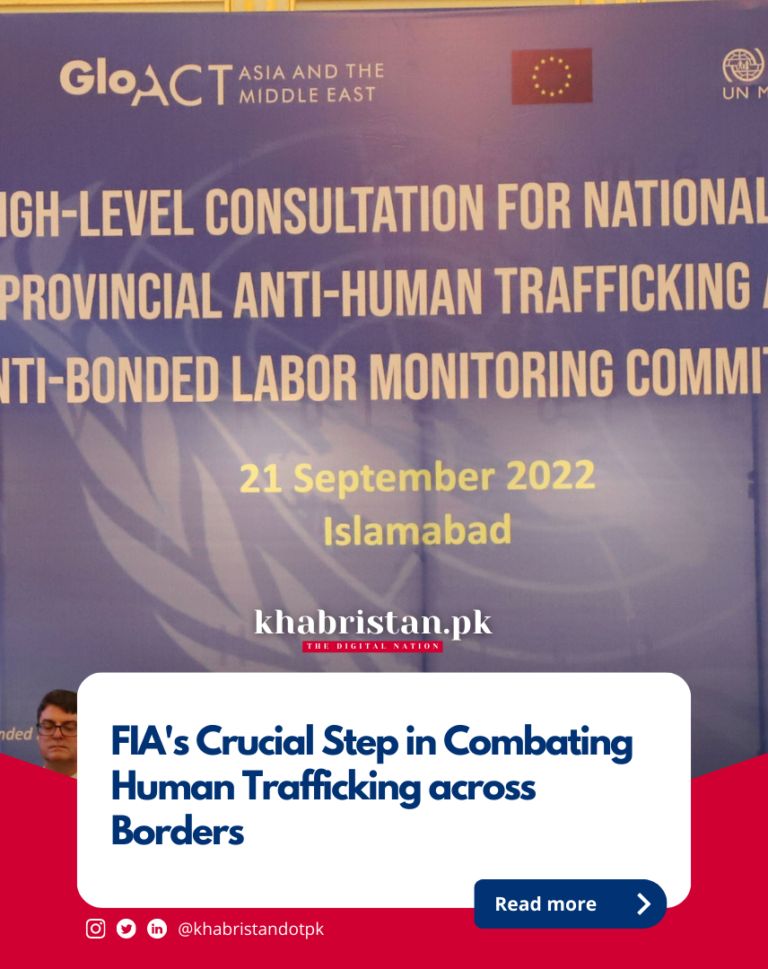IMF mission to arrive in Pakistan in May for new ‘long-term and larger’ loan negotiations, aiming to aid government in repaying debt. Challenges include a failed tax amnesty scheme, declining tax collections, and missing primary budget surplus targets. Pakistan received $1.1 billion tranche from IMF, seeking a new long-term and larger loan for macroeconomic stability and structural reforms.

ISLAMABAD: A mission of the International Monetary Fund (IMF) will arrive in Pakistan this month to discuss a new ‘long-term and larger’ loan programme, sought to help government repay billions in debt due this year, ARY News reported on Wednesday, citing sources.
Sources told ARY News that Pakistan and the international lender have scheduled talks on a new loan programme. The talks will take place in two phases, with technical-level discussions followed by policy-level negotiations.
Pakistan faces significant economic challenges ahead of the new talks, including a failed tax amnesty scheme proposed by the IMF.
The federal government had promised to bring 3.1 million traders into the tax net under the scheme, but it has been unsuccessful. The Federal Board of Revenue (FBR) is facing an unusual situation after the recent changes in senior officials.
The new and relatively inexperienced FBR team will negotiate with the IMF, which will be a challenge. The IMF will also be concerned about the recent decline in FBR’s tax collections.
The failure to achieve the primary budget surplus target in the first nine months will also be on the agenda for the talks, sources added.
The development comes a day after Pakistan received the much-awaited $1.1 billion final tranche from IMF as part of the $3 billion standby arrangement.
The SBP said it received Special Drawing Rights (SDR) 828 million — equivalent to $1.1 billion in value — “following the successful completion of the second review by the Executive Board of IMF under Stand By Arrangement (SBA)”.
Pakistan is seeking a new long-term and larger IMF loan, with Finance Minister Muhammad Aurangzeb saying Islamabad could secure a staff-level agreement on the new program by early July.
Islamabad says it is seeking a loan over at least three years to help macroeconomic stability and execute a long-due and painful structural reforms, though Aurangzeb has declined to detail what seize of programme the country seeks. If secured, it would be the 24th IMF bailout for Pakistan.
The International Monetary Fund (IMF) mission is scheduled to arrive in Pakistan in May to discuss the possibility of a new loan agreement. This development has sparked a mix of anticipation and concern within the country’s financial and political spheres. A new IMF loan could provide substantial financial assistance to Pakistan, potentially addressing economic challenges and supporting growth initiatives. However, it also signifies a need for significant economic reforms and policy adjustments, which could have wide-ranging implications for the nation’s economy and its citizens.
The arrival of the IMF mission is likely to draw attention to Pakistan’s fiscal and monetary policies, as well as its debt management strategies. This represents an opportunity for the country to re-evaluate its economic outlook and reform efforts, with the potential to positively impact long-term stability and growth. However, it also underscores the urgency of addressing underlying economic vulnerabilities and implementing structural changes to ensure sustainable development.
Furthermore, the negotiation process with the IMF is expected to be closely scrutinized by domestic and international stakeholders, including investors, policymakers, and the general public. The terms of any new loan agreement will have significant implications for Pakistan’s financial landscape, exchange rates, inflation, and public spending priorities.
As the IMF mission’s visit approaches, it is crucial for Pakistan to engage in transparent and constructive dialogue, balancing the need for external financial support with the imperative of safeguarding national autonomy and sovereignty. The outcome of these discussions will undoubtedly shape the economic trajectory of the country and will warrant sustained analysis and attention from all quarters.
In summary, the imminent arrival of the IMF mission in Pakistan signifies a critical juncture for the nation’s economic future. It demands careful consideration of the potential benefits and challenges associated with securing a new loan, as well as a concerted effort to address underlying economic weaknesses and pursue sustainable growth strategies. The coming months promise to be of great significance, and Pakistan’s response to the IMF’s overtures will have ripple effects that resonate through its economy and society.
Source: ARY NEWS
Disclaimer:
This content is AI-generated using IFTTT AI Content Creator. While we strive for accuracy, it’s a tool for rapid updates. We’re committed to filtering information, not reproducing or endorsing misinformation. – Khabristan.pk for more information visit privacy policy








Leave a Comment